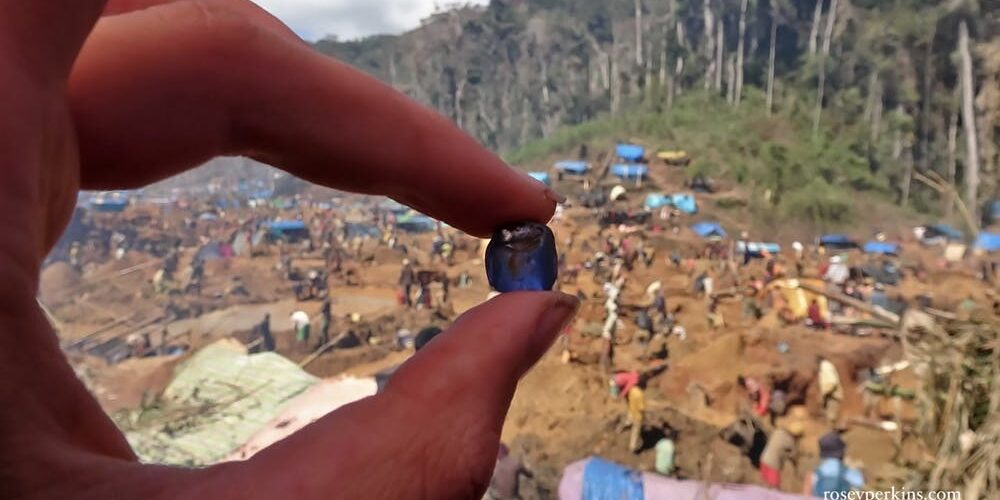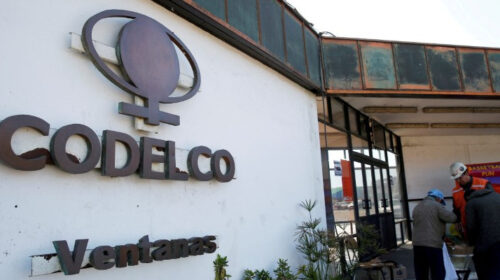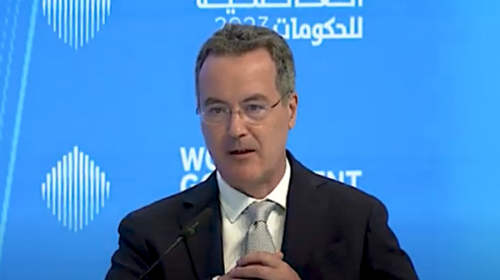How Madagascar is rebooting its mining sector
The Malagasy government’s ambitions to reform mining legislation has been accelerated by the COVID-19 pandemic, following a failed attempt to introduce a new mining code in November 2019.
The drive for reform stems from widespread perceptions nationally that mining projects have failed to deliver expected outcomes or benefits, particularly in terms of government revenues and local content contributions.
The combination of outdated tax policies, commodity prices fluctuations and governance shortcomings have all contributed to relatively poor performance of the sector, which has been compounded by poor public perceptions towards the industry in Madagascar.
To redress the balance, extensive consultations were held in 2015, but political instability put paid to these.
Since assuming office in January 2019, President Andry Rajoelina has made reform of the mining sector one of his top priorities, yet his approach has drawn criticism from industry players.
Approval of a new mining code by the government council on 20 November 2019, after no prior consultation with stakeholders, sent shock waves through the industry.
Although the provisions were rejected at a subsequent cabinet meeting on 27 November 2019, the government’s approach served to fuel distrust between Rajoelina’s administration and mining operators.
At the time, there were mounting frustrations within government that big asset operators such as Rio Tinto, which had accumulated significant debts at QIT Madagascar Minerals, were under-performing.
Pressure from the World Bank and the Chamber of Mines eventually led the Ministry of Mines to initiate a proper consultation process involving all stakeholders.
The COVID-19 pandemic has now stalled this review process. Although consultations with industry have taken place this year, a revised mining code is unlikely to be presented to parliament this month, as had been planned. The delay will inevitably feed the current climate of regulatory uncertainty.
Meanwhile, the contribution of the mining sector to the economy has now shrunk, with subdued production, mine closures, and price volatility all hallmarks of the last six months.
Ambatovy, the country’s largest world-class mine, which accounts for 32% of Madagascar’s foreign exchange earnings, has been placed on care and maintenance since March, with no indication that operations will resume before 2021.
Several promising large-scale projects, including Base Resources’ Toliara mineral sands project, remain on hold following a decision by the government to temporarily suspend on-the-ground activities.
Meanwhile, new entrants still face significant barriers since the suspension of new mining permits in 2011.
Facing a bleak economic outlook in the near term, the Malagasy government would be wise to see what measures they can introduce to restore investor confidence, resuscitate and revitalise the mining industry.
Madagascar has good competitive advantage – a resource-rich country endowed with cobalt, nickel, ilmenite and chromium and a wide diversity of precious and semi-precious metals.
Promoting investor confidence remains a stated ambition of the country’s president, which can only be achieved through more transparent, stable and conducive laws and regulations.
The cases of Botswana and Chile demonstrate how good governance and skilful management can transform even one of the world’s poorest countries.
Madagascar’s minerals can be harnessed to revive the nation’s ailing economy. The measures required to achieve this are clear, but less clear is the commitment of all stakeholders to this end.
Failure to reboot the Malagasy mineral sector will deny Malagasy the chance to improve their living conditions. The stakes are high.
AUTHORS:
Africapractice Group CEO Marcus Courage
Senior consultant Arnaud Liege
175 total views , 2 views today





